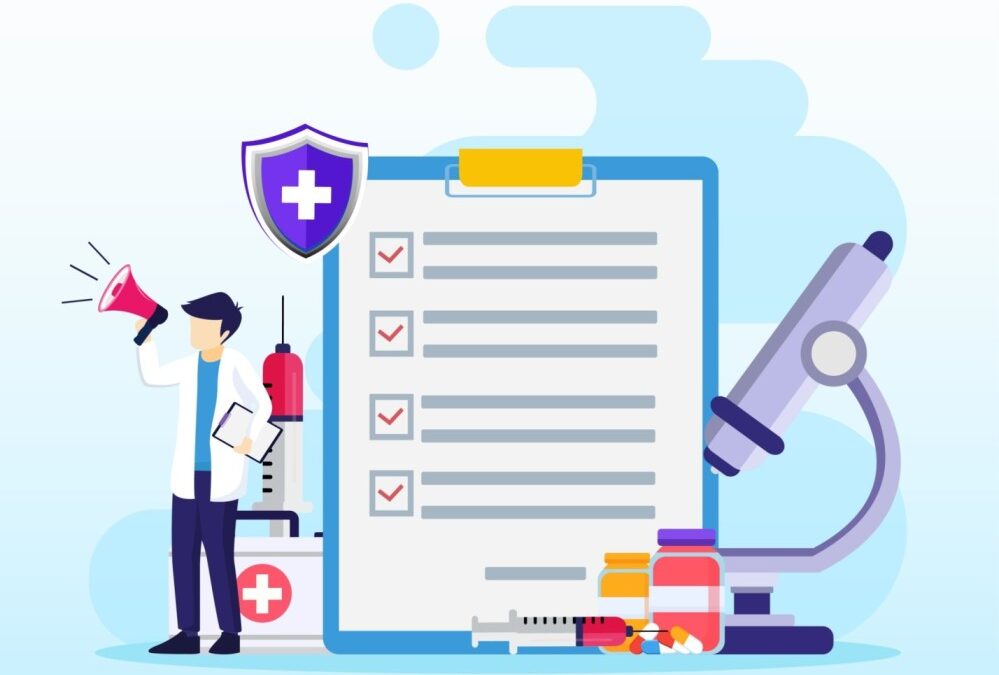In today’s global pharmaceutical and food industries, GMP compliance in excipient manufacturing is more than just a regulatory requirement, it’s a cornerstone of product safety, efficacy, and trust. As the demand for high-quality excipients continues to rise, buyers must be vigilant about the standards their suppliers uphold. Understanding GMP compliance is essential for anyone sourcing excipients, as it directly impacts the quality of the final product, patient safety, and regulatory approval.
This blog will guide you through the essentials of GMP compliance in pharmaceutical excipients manufacturing, highlight what buyers should look for, and explain why partnering with reputable excipients manufacturers is crucial for your business’s success.
What is GMP Compliance?
Defining GMP Compliance
GMP compliance stands for Good Manufacturing Practice compliance, a set of regulations and guidelines that ensure products are consistently produced and controlled according to quality standards. These practices are designed to minimize risks involved in pharmaceutical production that cannot be eliminated through testing the final product alone. For excipient manufacturing, GMP compliance covers everything from raw material sourcing to final packaging, ensuring that every step meets stringent quality and safety requirements.
Why GMP Compliance Matters in Excipients
Excipients are not just inactive fillers; they play a vital role in the stability, delivery, and effectiveness of pharmaceutical and food products. Poorly manufactured excipients can compromise product quality, leading to recalls, regulatory penalties, and, most importantly, risks to consumer health. GMP compliance ensures that excipients are manufactured under controlled conditions, reducing the risk of contamination, cross-contamination, and variability.
Key Elements of GMP Compliance in Excipient Manufacturing
Quality Management Systems
A robust quality management system (QMS) is the backbone of GMP compliance. It encompasses documented procedures, regular audits, and continuous improvement processes. Excipients manufacturers must have a QMS in place to monitor every aspect of production, from supplier qualification to batch release. This system ensures traceability, accountability, and consistent product quality.
Facility and Equipment Standards
GMP-compliant facilities are designed to prevent contamination and mix-ups. This includes proper layout, controlled environments, and validated equipment. Regular maintenance and calibration of machinery are essential to ensure that excipients are produced under optimal conditions. Buyers should verify that their suppliers maintain clean, well-organized, and modern manufacturing sites.
Personnel Training and Hygiene
The human factor is critical in GMP compliance. All personnel involved in excipient manufacturing must receive ongoing training in GMP principles, hygiene, and safety protocols. Proper attire, handwashing, and restricted access to sensitive areas help minimize the risk of contamination. Buyers should inquire about the training programs and hygiene standards upheld by their suppliers.
Documentation and Traceability
Importance of Accurate Documentation
Comprehensive documentation is a hallmark of GMP compliance. Every batch of excipient produced must be accompanied by detailed records, including raw material sources, processing steps, quality control results, and distribution logs. This documentation enables traceability, making it possible to investigate and resolve any issues that arise quickly.
Batch Records and Certificates of Analysis
Buyers should always request batch records and certificates of analysis (CoA) from excipients manufacturers. These documents provide assurance that the excipient meets all specified quality parameters and regulatory requirements. A transparent documentation process is a strong indicator of a manufacturer’s commitment to GMP compliance.
Regulatory Oversight and Certifications
Role of Regulatory Agencies
Regulatory bodies such as the FDA, EMA, FSSAI, and other national authorities set and enforce GMP standards for excipient manufacturing. Compliance with these regulations is mandatory for market access in many countries. Buyers should ensure that their suppliers are regularly inspected and approved by relevant regulatory agencies.
Recognized Certifications
Certifications such as ISO 9001, IPEC-PQG GMP, and others provide additional assurance of a manufacturer’s commitment to quality. While not a substitute for regulatory approval, these certifications demonstrate adherence to internationally recognized best practices. Buyers should look for suppliers who maintain up-to-date certifications as part of their quality assurance program.
What Buyers Must Look For in Excipients Manufacturers
Evaluating Supplier Capabilities
When selecting excipients manufacturers, buyers should assess the supplier’s production capacity, technological capabilities, and history of GMP compliance. Site visits, third-party audits, and reviews of quality records can provide valuable insights into a manufacturer’s operations.
Ensuring Consistent Supply and Quality
Reliable excipients manufacturers offer consistent product quality, timely deliveries, and responsive customer support. Establishing long-term partnerships with GMP-compliant suppliers reduces the risk of supply chain disruptions and ensures that your products meet regulatory and consumer expectations.
The Future of GMP Compliance in Excipient Manufacturing
Embracing Innovation and Technology
The excipient industry is evolving rapidly, with advances in automation, data analytics, and process control enhancing GMP compliance. Manufacturers who invest in modern technology are better equipped to maintain high standards, reduce human error, and respond to changing regulatory requirements.
Globalization and Harmonization
As the excipient market becomes increasingly global, harmonization of GMP standards across regions is gaining momentum. Buyers should stay informed about international guidelines and select suppliers who demonstrate a commitment to global best practices.
Conclusion: Choosing the Right Partner for GMP Compliance
In summary, GMP compliance is non-negotiable in excipient manufacturing, serving as the foundation for product quality, safety, and regulatory acceptance. Buyers must prioritize working with reputable excipients manufacturers who demonstrate a strong commitment to GMP principles, robust quality management systems, and transparent documentation. By doing so, you not only safeguard your products and reputation but also contribute to the overall safety and efficacy of pharmaceuticals and food products worldwide.
For those seeking a trusted partner in this field, Ankit Pulps and Boards Pvt. Ltd. stands out as a leading manufacturer in India specializing in microcrystalline cellulose. With FDA and FSSAI-approved facilities, advanced R&D, and a proven track record of GMP compliance, they are dedicated to delivering high-quality excipients for the global market. Choosing a partner like Ankit Pulps and Boards ensures your business remains at the forefront of quality and innovation in excipient manufacturing.

